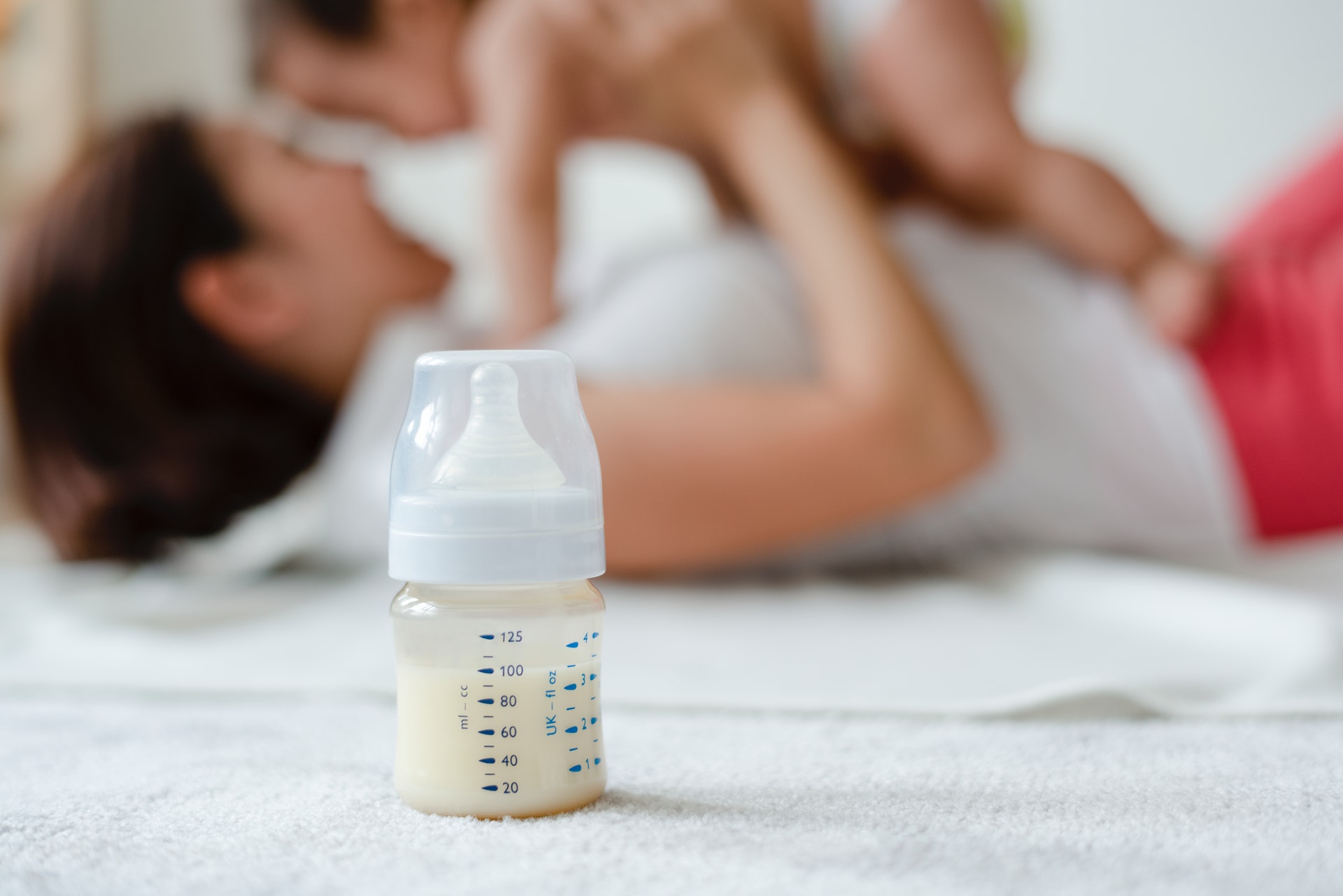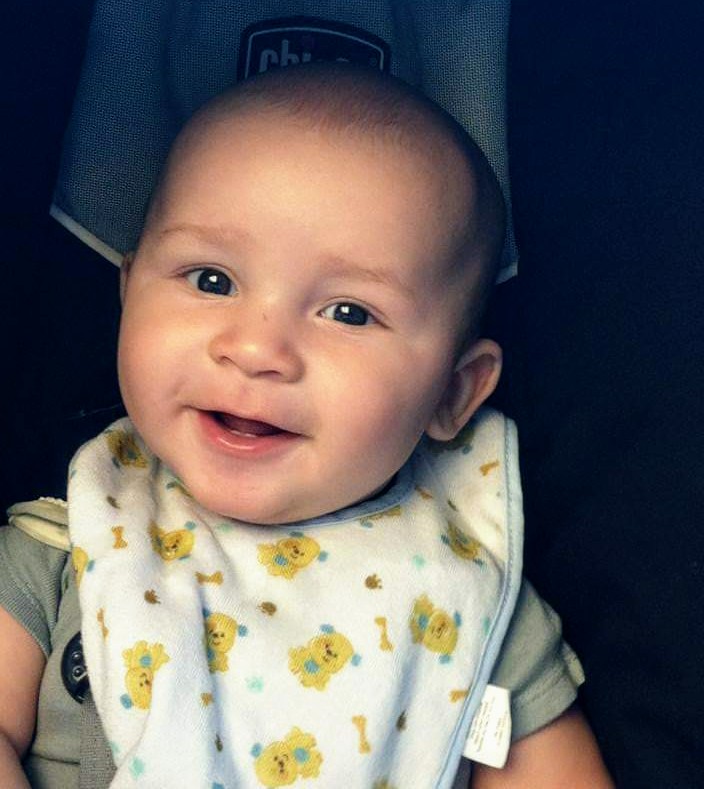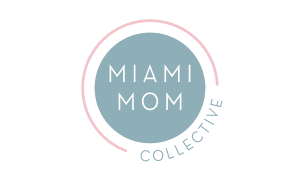Over the last few months, we have been partnering with Dr. Bob Pediatric Dentist to discuss various topics related to pediatric dentistry. In this latest post in our Ask Dr. Bob series, we will be learning more about oral hygiene for infants, when to stop the bottle, and what you should know about sippy cups.

Taking Care of Mom’s Teeth
The first step in building a solid foundation for baby’s oral hygiene is taking care of your teeth! Besides increasing the risk factors for preterm labor and low birth weight, periodontal disease can affect the oral health of young children. Bacteria on and around the teeth can be passed on to infants through the sharing of utensils, cups, or food, and even by kissing your baby. This can lead to painful cavities. So nourish yourself. Eat well, cut down on those sugary drinks and starches, and use a fluoridated toothpaste. Schedule (and keep!) those regular dental appointments. Rinsing with an alcohol-free mouthwash containing sodium fluoride can also reduce plaque levels in addition to brushing and flossing daily. And I didn’t know this, but chewing 4 pieces of xylitol gum each day can also reduce the risk of childhood cavities, or caries. Crazy, huh?!
Bottles & Gums

Baby bottle tooth decay is a serious form of decay that affects infants and young children. This condition results from continued long-term exposure of an infant’s teeth and gums to liquids that contain sugar. These sugars–naturally found in milk, breast milk, formula, and juice–can leave residues that can erode young teeth and gums, leading to rapid tooth decay. Putting baby down with a bottle to nap or at nighttime causes the sugars in those liquids to pool around the baby’s teeth and essentially feed plaque bacteria. That plaque then produces acid that erodes tooth enamel, causing cavities and decay.
I know. This can be a hard one, especially when you’re sleep-deprived and that bottle is the only thing standing between you and some much-needed rest. If your baby uses the bottle to fall asleep, Dr. Bob recommends filling it with water only. You can increasingly dilute the milk, breast milk, formula, etc. with water over a period of 2-3 weeks, too. Whether Baby is breastfed, bottle-fed, or a combination of the two, don’t forget to wipe those gums down with a damp washcloth or gauze to remove plaque after each feeding. Bottles should be discontinued altogether by 12 months of age.
That 1st Tooth

I was totally in denial when my son began teething at just 3-months old. This exciting milestone typically occurs between 6-8 months of age and means it’s time to get serious about brushing. When I asked Dr. Bob about this he said, The biggest thing often missed by new parents is that they actually need to start brushing as soon as a tooth comes in. He also wishes we all knew to start with a small (grain of rice sized) amount of fluoridated toothpaste. The arrival of Baby’s 1st tooth is also the best time to schedule their first dentist appointment! Give Dr. Bob a call–he specializes in pediatric dentistry and is committed to providing your family with the exceptional care your child deserves.
Sippy Cups
Sippy cups are a great way to help your baby transition from a bottle to a cup. That being said, filling a sippy cup with liquids containing sugar causes infants’ teeth to have an increased risk of developing cavities as they drink from it throughout the day. If your child does use a sippy cup, fill it with water only (other than during mealtimes) to reduce the risk of cavities.
Prioritizing Mom’s dental health, caring for Baby’s teeth and gums, and being mindful about bottles and sippy cups are great ways to establish good infant oral hygiene habits. Pediatric dental care is important and Dr. Bob and his team are here for you, every step of the way.
















